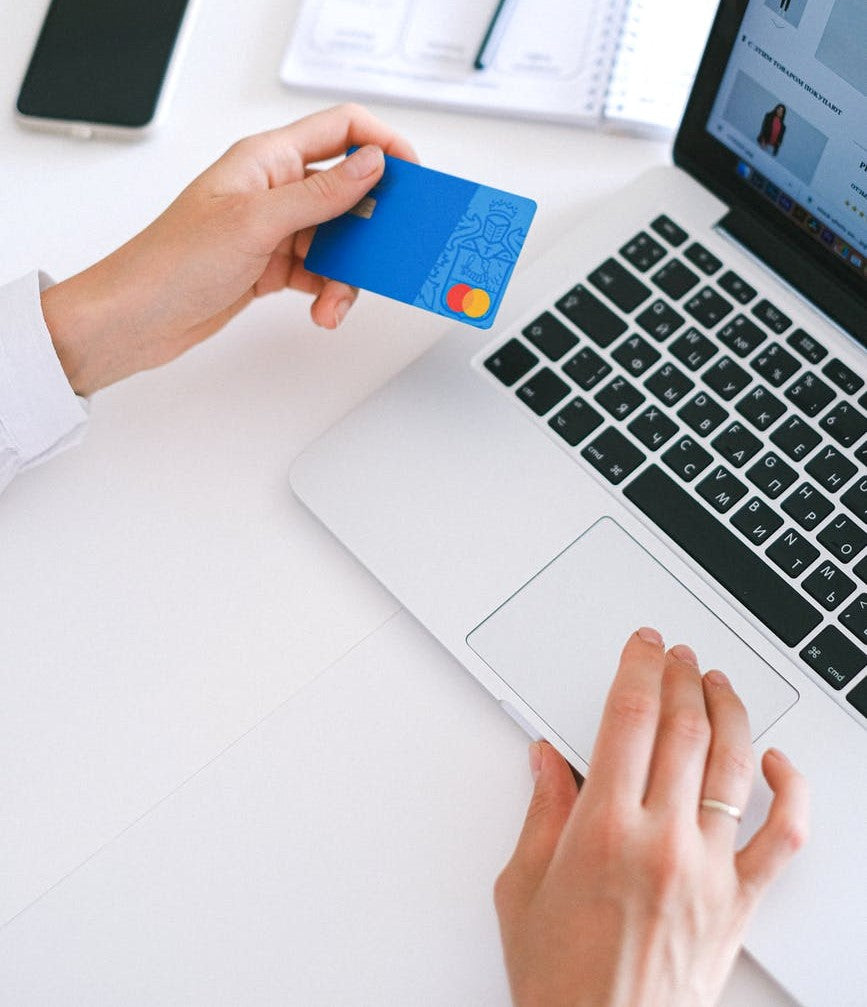
Remember in-store layaways? Buy-Now-Pay-Later (BNPL) is kind of like that.
Since we're so fond of data over here, here's a number for you: More than one-third of US eCommerce businesses are looking into offering financing options to customers.
BNPL could be one of those options. Let's look at how these BNPL apps work, who assumes the risk, and the cost to merchants.
How it works
You can look at BNPL as a type of short-term financing offered by a number of different companies, including Affirm, Afterpay, Klarna, PayPal, Quadpay, and Sezzle.
The layaway method allows customers to reserve an item in store and pay it off in instalments. Once the item is paid off, the customer can take it home.
In the BNPL method the customer makes several instalment payments over the course of a number of weeks, but she can order the item right then and there and, barring any crazy shipping delays, will usually receive said item before it's even been paid off in full.
Unlike credit cards, BNPL providers only require minimal information from the customer to run a "soft" credit check and often charge no interest, but you don't get any of the perks you see with credit cards (rewards, cash back, etc.).
Failing to pay outstanding BNPL instalments results in a fee charged to the consumer.
Who assumes the risk?
BNPL isn't just reserved for big-ticket items like that Peloton you've been eyeing, but many consumers also use it to buy things like clothing, homeware, cosmetics, and more.
Let's get one of the big questions out of the way: What happens if the customer doesn't complete his payments?
BNPL companies will pay the merchant when the transaction is made, and if the customer doesn't pay all instalments, it's on the BNPL provider to pursue him.
But beyond that, there are a few other reasons merchants may want to experiment with BNPL:
- Increased conversions and AOV (Average Order Value).
- To get discovered by new customers through the app's directories (check out Klarna and Sezzle for examples).
- Offering instalments as a payment option provides a means to let new and existing customers test out your product(s) without fully committing to the purchase.
- There's evidence that adding more payment options like BNPL to your online store may decrease cart abandonment. Not having enough payment methods accounts for 7% of abandonments during checkout.

The cost to merchants
Many of these apps charge merchants fees.
For example, in addition to its monthly product fee, Klarna charges a $0.30 USD transaction fee and a variable charge of up to 5.99%, which is higher than many Visa and Mastercard payment gateways.
Some food for thought...
And if you're stuck in a moral dilemma of offering consumers yet another potential way to get into debt, more regulation for BNPL providers could be coming.
LEARN MORE ABOUT BNPL
P.S. If you do offer a BNPL option, let your subscribers know — send a campaign or add a banner in your emails.




